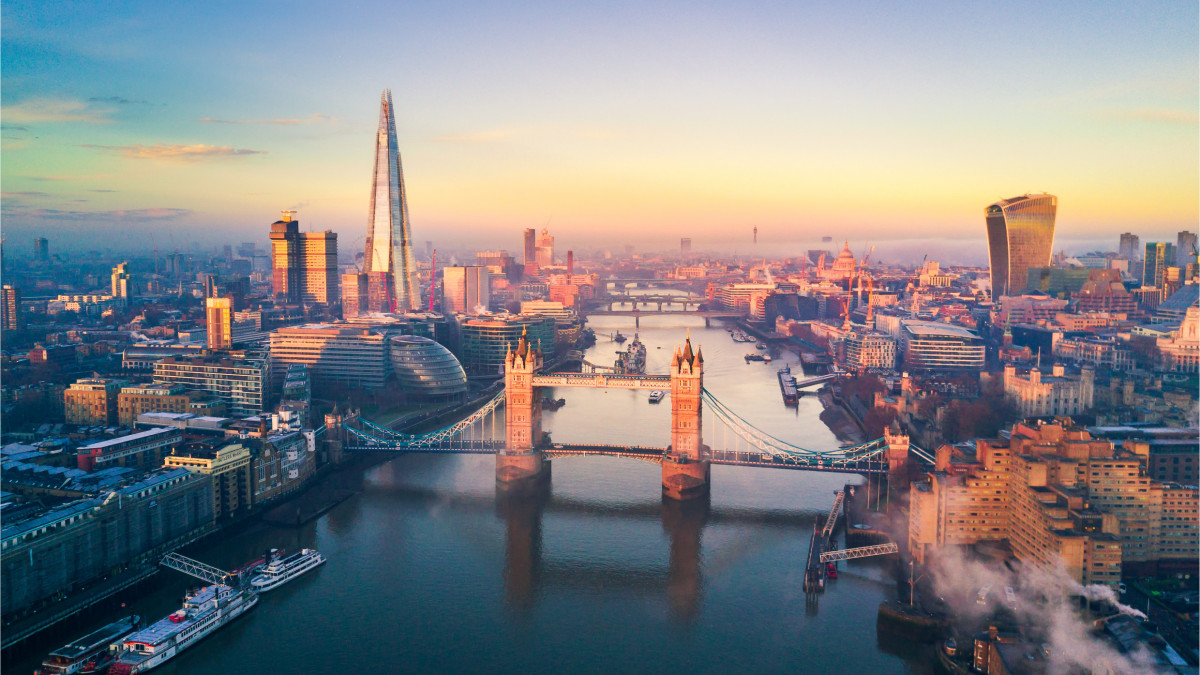No country will remain on the UK government’s travel red list next Monday, which included the countries and territories most at risk of contracting the coronavirus. However, the red category will not disappear, London reserves the right to reclassify countries to this category if necessary.
Of the red category countries, only British, Irish and foreign nationals with a UK residence permit can enter England, but they must also be quarantined for ten days in a hotel designated by the British government.
The hotel quarantine for adults costs £2,285 (about £1 million) per person, and passengers have to pay for it.
However, British Transport Secretary Grant Shapps announced Thursday night that London will also remove the last seven countries – Colombia, Dominican Republic, Ecuador, Haiti, Panama, Peru and Venezuela – from the red list starting 4am BST on 1 November.
Earlier this month, 54 other countries were on the list, including Afghanistan, Argentina, Bolivia, Brazil, Chile, Mexico, Cuba, Georgia, Indonesia, Montenegro, South Africa and Thailand.
However, on October 11, the British government removed 47 countries from the red list in one go, the last seven of which will be removed on the first day of November, according to an announcement by the Minister of Transport Thursday evening. So from Monday, those coming to England from these countries will not have to go through expensive hotel quarantines.
The measure for England will apply to Scotland and Wales from the rest of the United Kingdom next Monday. The Northern Ireland government has not yet decided when it will take over the new regulation.
However, Grant Shapps stressed in his announcement last Thursday that he announced the removal of the last seven countries from remaining the red category for precautionary reasons, and that if public health protection mandates this, the government is ready to re-add countries and regions to this list.
The British government will also recognize vaccination programs in 30 other countries from Monday. This means that travelers who have received the full dose of the coronavirus vaccination in these countries only need to be tested for coronavirus after arriving in England, not before departure.
The British government has now recognized vaccination programs in 137 countries and territories since November.
In recent weeks, London has lifted a series of international travel restrictions previously imposed to curb the coronavirus pandemic.
At the beginning of October, the British Foreign Office removed 32 countries from the list of destinations that it did not propose to visit for any purpose due to exceptional and inevitable reasons.
A few days later, the British government imposed green and yellow epidemic risk ratings on foreign countries in May – Hungary was included in the latter – and only the red category remained.
Since 4 October, those who have received two doses of the coronavirus vaccine from internationally recognized vaccines and have not gone into the red category in the 10 days prior to their arrival are not required to take a coronavirus test before entering England.
Last Sunday, travelers from non-red countries who had been fully vaccinated with internationally approved vaccines to England were no longer required to return the PCR test to their designated laboratories on the second day after arrival, instead performing the much cheaper lateral flow test sufficient.
Opening photo: heyengel / Getty












































